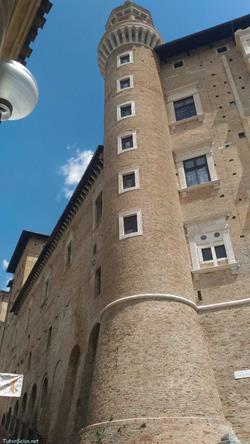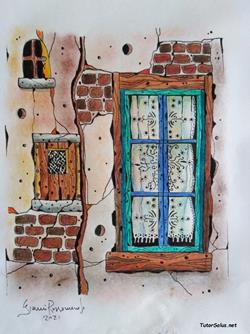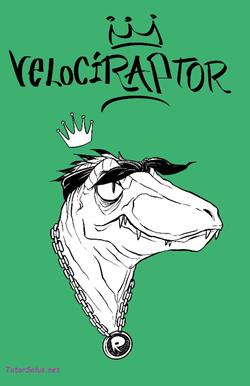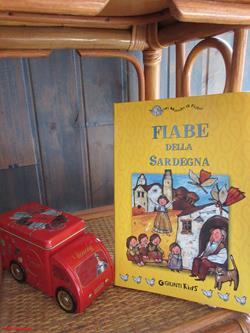
The following text was in view of the ‘Seminario Letture Freudiane’, by ‘Società Amici del Pensiero’ at Urbino - Università ‘Carlo Bo’ / Dipartimento ‘Economia, Società, Politica’, work session March 30, 2019 : due to lack of time, I pronounced it in classroom in its synthesis. In the picture : Urbino, Palazzo Ducale. Ref.: 0_5506649_125008.jpg
“ …Just in a few words about this morning item, ‘Panic’, specifically I’ll refer to lemma ‘work’, as Giacomo B. Contri introduced it in ‘Il pensiero di natura’[1] – it’s a long time I’ve never heard about it - so that also finishing the work by Freud himself, who explicitated ‘pulsion’ pointing : ‘push’ – ‘goal’ – ‘subject’ – ‘source’[2], but keeping silent on ‘work’ in the lemma ‘subject’.
I’d like for help Jacques Lacan, a laborious analytical assiduous man, able to put upside down the freudian thinking, as no one of followers and formal heirs of Freud could do : Lacan put each one of us in front of the ruinous fall of pleasure principle when that meets the reality of life, throwing the psychoanalysis itself into confusion and rush.
When introducing ‘work’ from the freudian ‘subject’, Giacomo B. Contri has on the other hand shown the vitality of thinking and then of ‘unconscious’ – revolutionary and not yet overcome discover by Freud – and that is quite acceptable and fair enough as one gets deep and deep into freudian textes.[3]
Jacques Lacan, as a seductive investigator of thinking, however got to a rush conclusion, when he substituted ‘jouissance’[4] to what Freud had been pointing also if without naming it except ‘pulsion’.
Giacomo B. Contri named it ‘profit’, and ‘progress’, and this is what we are interested in, as a success in our own ‘work’ - we can’t deny – built on our partner work.
Freud named ‘push’ : Giacomo B. Contri has finished that saying it ‘ex-citamento’ which cannot be generalized otherwise ‘banalizing’ one’s own thinking, and making that unuseful as regard as a cure is intended. Also ‘jouissance’ exposed the work of Lacan to an ‘ad-rogantia’ that no cure is possible to psychopathology, and for children and babies[5] too.
My own conclusion is that no ‘primary panic’ does exist : panic is an individual jurisdiction, a formal right that each one of us can play whenever, and wherever we like.
That is also the reasonable thesis on which I could comment in my essay ‘Ereditare da un bambino. Perché no?’ (2014) the success Freud perfectly described bat couldn’t explain in his Case ‘The little Hans’. I realized an individual, and not deniable, competence in a child of less than five years when he excellently gave up his own zoofobia.
If ‘panic’ is - and correctly - an individual jurisdiction, that maybe opens to further opportunities in psychopathologies caring – and not just ‘treatment’ – even for children and babies.
Then, can ‘direct therapies’ nowadays accept a ‘proof test’ about their own competence in caring, rather than ‘treatment’… ?”
Marina Bilotta Membretti, Cernusco sul Naviglio January 16, 2021
[1] “ …I’ve just explicitated that the nature of an act indicated by : ‘Do as…’ is its ‘work’ : ‘work’ by a subject disposing ‘things’ otherwise named ‘ente’… so that doing that way he, or she, calls claims favours, or saving words ‘demands’ some work to someone else, implying universe, in order he, or she work favouring a satisfaction of the first, and beginner, subject and in the same time of his own, or her own satisfaction. It is the progress and profit succeeded when ruling the separation of work between two distinctive position not omologhi...” Cited from : ‘Il pensiero di natura’, Giacomo B. Contri SIC Edizioni (1998, 2°edizione) SIC Edizioni – pp. 19-20
[2] The formula of a law on nature : “Making me suckling, my mother has been calling me to be satisfied by means of an other subject”, in ‘Il pensiero di natura’, Giacomo B. Contri SIC Edizioni (1998) / pp.50-54 (‘Anticipazione. Preambolo’); pp. 195-197.
[3] ‘Pulsioni e loro destini’, S. Freud (1915) in “Scritti metapsicologici”, ‘Bollati Boringhieri editore’ (1978 e 2011) ‘Biblioteca’, pp. 27-52 : the original word Freud used and then translated ‘pulsion’ was ‘trieb’. Freud does explicite an order of four items of ‘pulsion’ that is the same emerging from analytical work, i.e. from the view point of the analyzing subject : ‘push’, ‘goal’, subject’, ‘source’. During his,or her work, a patient could compose again in a new order : ‘push’, source’, subject’, ‘goal’.
[4] “…In what then the ‘unconscious’ would be more honoured rather than the defenses opposing in the subject, even succeeding and so that showing their reality? ...But I ask from where the peace is coming when realizing the ‘unconscious’ if that one is no more real than the conflict in which it stayed ? It’s sometimes that peace is infact a fallen peace…” Cited from : ‘La cosa freudiana. Senso di un ritorno a Freud’ in “Jacques Lacan. Scritti” by Giacomo B. Contri, Giulio Einaudi editore SpA (1974 e 2002) ‘Biblioteca Einaudi’ Vol. I - p.395.
[5] “Ereditare da un bambino. Perché no ?”, Marina Bilotta Membretti (2014) Isbn 978-88-91081-63-6 / Cap.3 ‘Il pensiero è economico, fin da bambino’, pp.27-32.





